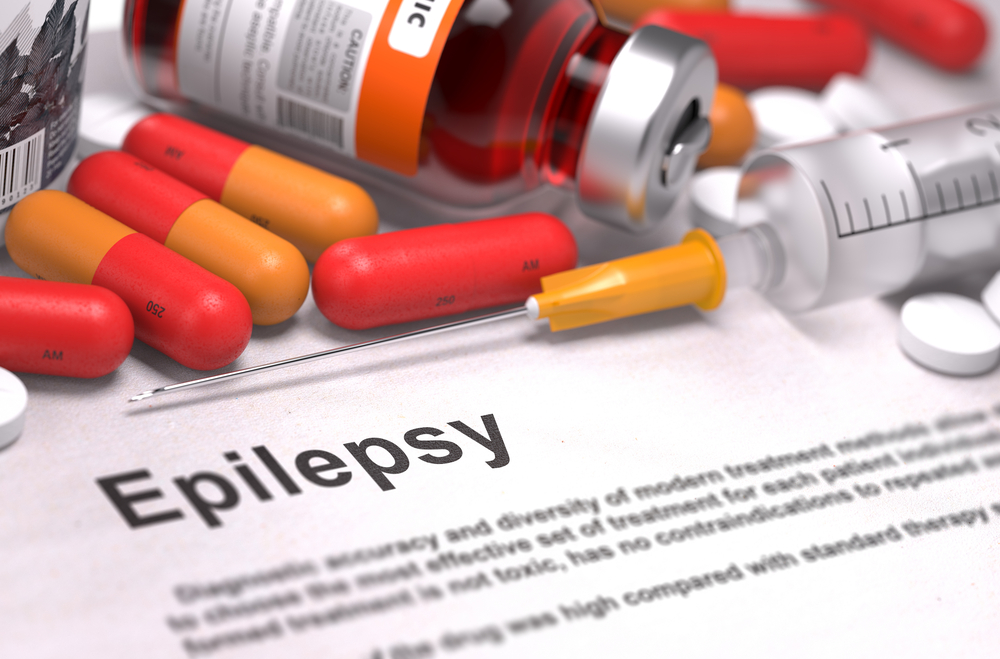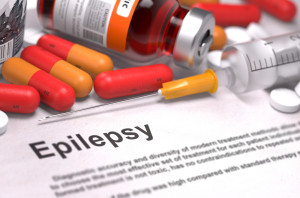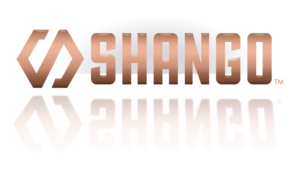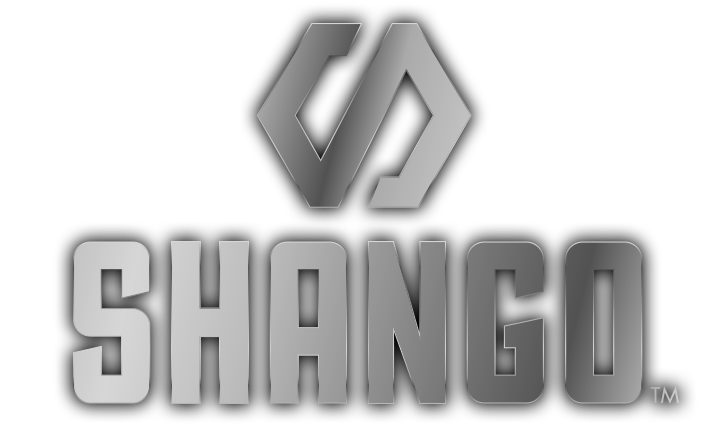An open-label study conducted by GW Pharmaceuticals and presented in 2015 demonstrates that CBD may help reduce the frequency of seizures in people with intractable forms of epilepsy.
CBD Study Shows Promise for the Treatment of Severe Epilepsy
If you are a parent who has a child with intractable epilepsy, you may be interested in learning about a study regarding the effectiveness of cannabidiol oil, or CBD, in the treatment of seizures. Intractable epilepsy is epilepsy that shows little improvement with the use of traditional anti-seizure medications. The study involved 213 participants and was reported by the American Academy of Neurology in April 2015.
What Is CBD?
Marijuana plants contain tetrahydrocannabinol and cannabidiol. Tetrahydrocannabinol, commonly called THC, is the psychoactive substance in marijuana. By contrast, CBD does not have the same psychoactive effects. There have been many anecdotal reports of the effectiveness of CBD in reducing the frequency of seizures in people with epilepsy, but few studies have been completed. Part of the issue with studying CBD is that the federal government still classifies marijuana as a Schedule I controlled substance, which makes it difficult to gain approval for research.
The Study and Results
GW Pharmaceuticals was granted limited permission to conduct an open-label study of the effectiveness of a derivative medication containing CBD. One-hundred-and-thirty-seven research subjects ranging from 2 to 26 took the CBD medication for at least 12 weeks, and researchers studied the frequency of their seizures. Of the participants, 18 percent had diagnoses of Dravet’s Syndrome, or DS, and 16 percent had diagnoses of Lennox-Gastaut Syndrome, or LGS, a type of epilepsy marked by atonic seizures.
Over the course of the study, those with DS demonstrated a 63 percent decrease in the frequency of their seizures. Participants overall demonstrated a 54 percent reduction. In people who had atonic seizures, the reduction was 66.7 percent. Of the initial participants, 14 people withdrew because they were not responding favorably to the treatment. This study demonstrates the necessity of further research as well as the potential CBD holds for people who suffer from intractable forms of epilepsy.
Children and Cannabis
Further research is needed into the use of CBD in the treatment of epilepsy. Medical cannabis dispensaries in Portland strongly advise parents to not give their children cannabis products unless they have a prescription to do so from their children’s treating physicians. Still, the research shows promise to the many children who suffer from DS and other severe forms of epilepsy.



